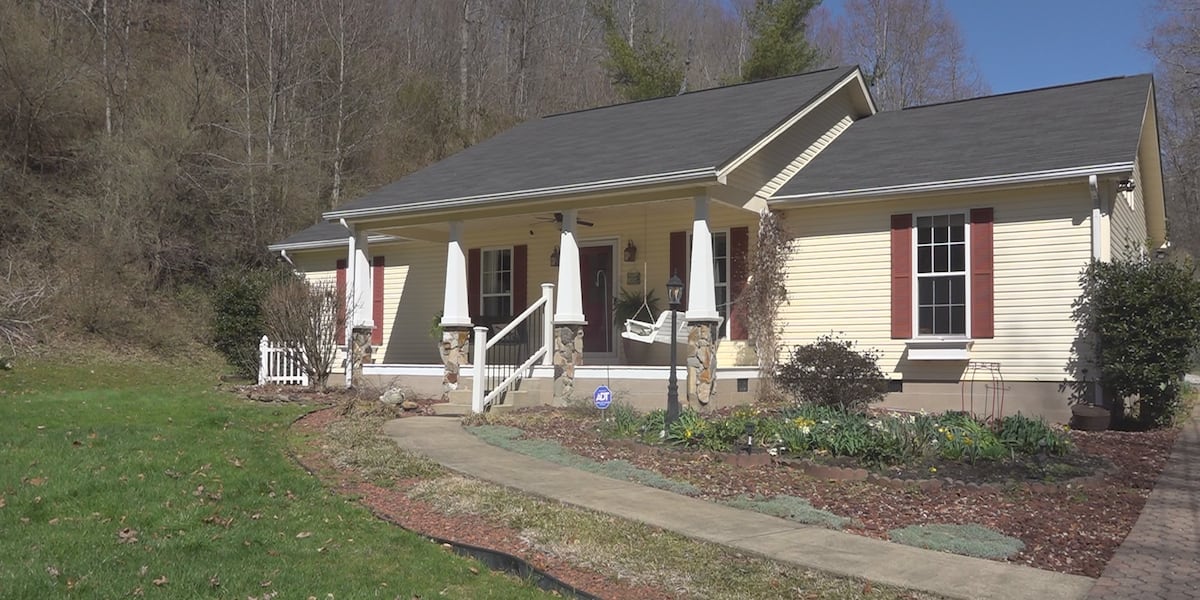City Destroyed Her Property. They Refuse to Pay.
Jul 30, 2024
3:54
The U.S. Constitution says that when the government takes your property, it must pay you “just compensation.” But what if, instead of paying you just compensation, it gives you an IOU that you can never cash in? That’s exactly what happened to Melisa and Mike Robinson.
In 2009, public workers in Okay, Oklahoma, devastated a small mobile-home park Melisa and Mike own and operate. The local sewer authority, which had a sewer easement on the property next door, sent workers out to build a new sewer line. Instead of working on the property they owned, though, they dug up sewer lines on Melisa and Mike’s land without any legal authorization. The damage was massive—beyond the damage from the digging itself, misaligned sewer lines failed to drain, and clipped power lines sparked power outages. Inside the tenants’ homes, toilets couldn’t flush, showers wouldn’t drain, and appliances blew out. It was a disgusting mess. When Okay officials refused to fix their mistake, Melisa and Mike ended up fixing the pipes themselves.
Then they sued. Exercising the same rights enjoyed by property owners nationwide, they filed a lawsuit claiming that the unauthorized construction on their property was a “taking.” The logic is simple: If Okay had followed the rules, it would have been required to use eminent domain to take the Robinsons’ property before building a sewer line, and eminent domain requires the government to pay just compensation. Since the government didn’t pay compensation before it wrecked the property, it should be required to pay now. In other words, the rule in the Constitution is the same as the rule in Pottery Barn: You break it, you buy it.
And they won. In a case that went all the way up to the Oklahoma Supreme Court, Melisa and Mike were awarded tens of thousands of dollars in compensation for the taking of their property. So far, the system was working the way it was supposed to. The government took Melisa and Mike’s property, but a court ordered the government to pay them for what it took.
Then things took a turn. The problem is that sewer construction in Okay isn’t run by the Okay town government. It’s all run by the Okay Public Works Authority—a “public trust” that was legally established by the town. The Public Works Authority is run by the same six officials that were elected to run the town, but technically, it’s not part of the town. That’s where Okay officials tried to get clever. As it turns out, the Public Works Authority doesn’t have any money. It has the power of eminent domain, sure, but it doesn’t have any assets or revenues it could use to pay for the property it takes—those all belong to the town. And so Melisa and Mike, despite the Oklahoma Supreme Court’s ruling in their favor, haven’t received a single cent in compensation, even though they are owed more than $200,000 at this point. The court judgment in their favor is just an unenforceable IOU.
That’s not just wrong—it’s unconstitutional. That is why Melisa and Mike have teamed up with the Institute for Justice to file a federal civil-rights lawsuit demanding that Okay officials pay them for what they took. Okay is far from alone in thinking that it’s come up with a clever way to avoid its constitutional obligations. This lawsuit will make sure that it joins the ranks of government officials who learned the hard way that the Constitution is not a suggestion. It’s mandatory.

























